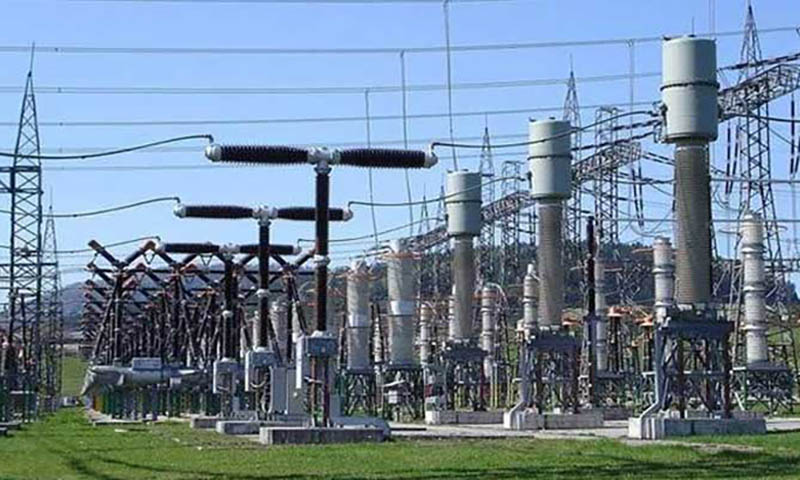The World Bank is set to greenlight a third restructuring of Pakistan’s $425 million National Transmission Modernization Project-I (NTMP-I), extending its deadline by 20 months to December 2026 to ensure completion of critical infrastructure tied to the Dasu Hydropower Plant. The move aims to modernize Pakistan’s power grid and enhance the National Transmission and Despatch Company’s (NTDC) operational efficiency amid pandemic and land acquisition delays.
Approved in 2017, NTMP-I focuses on upgrading 500kV/220kV transmission lines and substations (Component A), deploying NTDC’s first Enterprise Resource Planning system (Component B), and strengthening technical capabilities (Component C). Despite disbursing 39.1% ($166.39 million) of funds, progress was hampered by COVID-19, bureaucratic bottlenecks, and land disputes. The latest extension follows two prior adjustments: a financial restructuring in October 2023 and a 15-month timeline extension in January 2024.
Component A, absorbing $455.89 million, has awarded all major contracts, including the pivotal $180 million IWS package for evacuating power from the World Bank-funded Dasu Hydropower Plant, slated for 2027. Eleven of 14 substation contracts (worth $95 million) are expected by FY2025, while IWS construction 93% compensated for land is on track for December 2026. Component B’s ERP system, 80% hardware-ready, aims for a December 2025 launch, while Component C’s technical studies near completion.
“The restructuring ensures NTMP-I meets its goals, particularly the IWS, which is vital for Dasu’s success,” stated a World Bank official. Disbursements are projected to exceed 60% by 2025, with $20 million anticipated by FY2025’s end. Though rated “moderately satisfactory,” the project underscores Pakistan’s push to stabilize its grid amid rising energy demands. With unresolved land cases expected to settle during the extension, the project signals resilience in overcoming logistical hurdles to secure Pakistan’s energy future.







